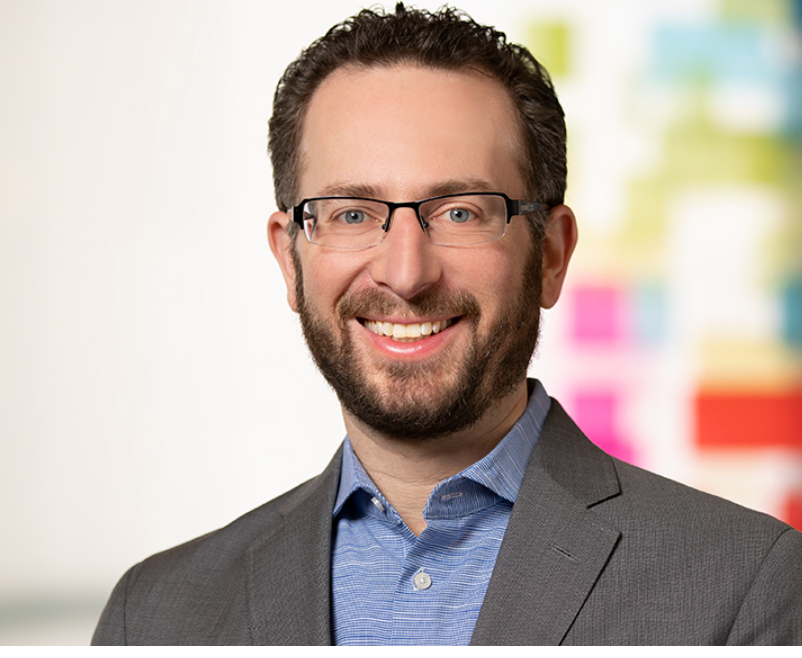
- Safety & Recalls
- Regulatory Updates
- Drug Coverage
- COPD
- Cardiovascular
- Obstetrics-Gynecology & Women's Health
- Ophthalmology
- Clinical Pharmacology
- Pediatrics
- Urology
- Pharmacy
- Idiopathic Pulmonary Fibrosis
- Diabetes and Endocrinology
- Allergy, Immunology, and ENT
- Musculoskeletal/Rheumatology
- Respiratory
- Psychiatry and Behavioral Health
- Dermatology
- Oncology
FDA authorizes new COVID-19 treatment; more vaccine doses on the way
The FDA granted emergency authorization to a new monoclonal antibody COVID-19 treatment and millions of additional doses of COVID-19 vaccines will be available this year.
President Joe Biden said last week that his administration had finalized deals for an additional 100 million doses of the Pfizer-BioNTech and the Moderna’s vaccines — 200 million doses in total— “giving the country enough vaccine by the end of July to cover every American adult,” The Washington Post reported.
Today's Bloomberg says that the latest vaccination rate is 1,699,303 doses per day. At that rate, it will take eight months to cover 75% of the population with a two-dose vaccine, according to Bloomberg's calculations.
However, Johnson & Johnson has applied for an emergency use authorization (EUA_ of its single-dose vaccine. if the single-dose vaccine gets an FDA OK (as it is expected to do) then the proportion of vaccinated Americans could increase faster.
The doses that Biden spoke of last week won’t be immediately available, but they will serve to prevent a shortfall later in the year by increasing supply by 50%, the Washington Post reported
Related: Biden stimulus plan beefs up COVID-19 vaccinations and testing
Meanwhile, FDA an issued an EUA on Feb. 9 for Eli Lilly's monoclonal antibody combination, bamlanivimab (LY-CoV555) and etesevimab (LY-CoV016).
The agency's go-ahead is for the treatment of mild to moderate COVID-19 in patients aged 12 and older who are at high risk for progressing to severe COVID-19 and/or hospitalization.
Daniel Skovronsky

Bamlanivimab alone under emergency use authorization has already provided many people with an early treatment option that could prevent hospitalizations, said Daniel Skovronsky, MD, PhD, Lilly's chief scientific officer and president of Lilly Research Laboratories, in a press release. “We are excited to now add an additional therapeutic option with a similar demonstrated clinical benefit.”
With the risk of resistance emerging as various strains of the virus arise, bamlanivimab and etesevimab together could potentially allow efficacy against a broader range of naturally occurring SARS-CoV-2 variants as the new strains spread around the world, Skovronsky added.
Related: FDA okays first combo COVID-19 and flu test
The EUA is based on Phase 3 data from the BLAZE-1 trial, which demonstrated bamlanivimab and etesevimab together reduced the risk of COVID-19 hospitalizations and death by 70%.
Bamlanivimab and etesevimab are administered together via a single intravenous infusion as soon as possible after a positive COVID-19 test and within 10 days of symptom onset, according to Lilly.
In addition, the FDA has authorized infusion times for bamlanivimab alone and bamlanivimab and etesevimab together to be as short as 16 or 21 minutes, respectively – a significant reduction from the previously authorized time of 60 minutes, according to the pharma maker.
“This decision has been made in response to feedback received from front-line nurses and doctors administering these infusions and are aimed at reducing the burden on the healthcare system,” Lilly said.
2 Commerce Drive
Cranbury, NJ 08512